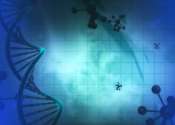Genes that dance to the circadian rhythm
Scientists at EPFL have made breakthrough discoveries on the circadian clock and how it affects gene expression. Some of the findings suggest a biological underpinning for different behaviors in people, such as morning people, ...









